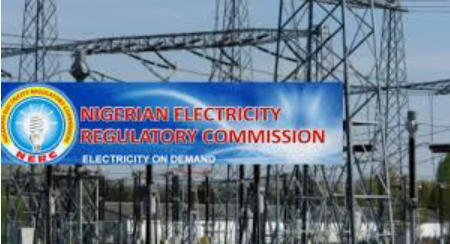The Nigerian Electricity Regulatory Commission (NERC) has issued a clear warning to state governments, insisting they must bear the financial burden of electricity tariff reductions if they choose to slash rates below cost-reflective levels.
The directive follows the Enugu State Electricity Regulatory Commission’s (EERC) recent decision to lower Band A tariffs from ₦209/kWh to ₦160.4/kWh, effective August 1. The move, which has stirred widespread reaction, prompted NERC to clarify that while states may regulate their local electricity markets under the amended Electricity Act, they have no jurisdiction over the national grid or power stations licensed by federal authorities.
In a public notice on Thursday, NERC reminded states that any deviation from wholesale electricity costs must be matched with a clearly defined subsidy plan. “States must either fully reflect grid supply costs in their tariffs or cover the shortfall with a subsidy,” the commission stated, warning against policies that could distort market operations and endanger the financial stability of the power sector.
The regulatory agency stressed that tariff reductions, particularly those relying on electricity from the national grid, cannot proceed without considering the broader implications on generation, transmission, and financing obligations in the Nigerian Electricity Supply Industry (NESI).

Enugu’s reduction was achieved by slashing the average generation cost of ₦112.60/kWh to ₦45.75/kWh a difference of ₦66.85/kWh without an established subsidy framework. Stakeholders, including power generation and distribution companies, have voiced concerns over the sustainability of such a move.
“The tariff cut assumes a subsidy that doesn’t exist in federal policy or finance,” said Joy Ogaji, CEO of the Association of Power Generation Companies. “States relying on national grid power cannot independently set tariffs.”
The Association of Nigerian Electricity Distributors (ANED) echoed similar sentiments. Its CEO, Sunday Oduntan, cautioned consumers not to expect uninterrupted power supply at subsidized rates. “No one gets 20 hours of power daily at ₦160/kWh without consequences,” he said, warning that such cuts are already encouraging bill resistance in other states.
NERC said it is in talks with EERC to address what it described as “areas of misinterpretation” regarding the import of power from the grid. The commission reaffirmed its statutory commitment to ensuring the electricity market remains financially viable and compliant with federal laws.
EERC, in its defense, argued that the tariff cut reflects the cost profile of MainPower Electricity Distribution Ltd. and does not undermine national pricing structures. “We are building a state electricity market that is transparent and accountable,” said Reuben Okoye, EERC Commissioner for Market Operations.
However, industry groups remain unconvinced. With over ₦5.2 trillion in unpaid tariff shortfalls still owed by the Federal Government, they argue that any further subsidy burden especially from subnational actors could derail fragile sector reforms.
The power sector now faces a growing dilemma: the balance between affordable electricity for citizens and financial sustainability for providers. As states assert regulatory independence, NERC’s latest stance signals that there will be no compromise on market discipline.




